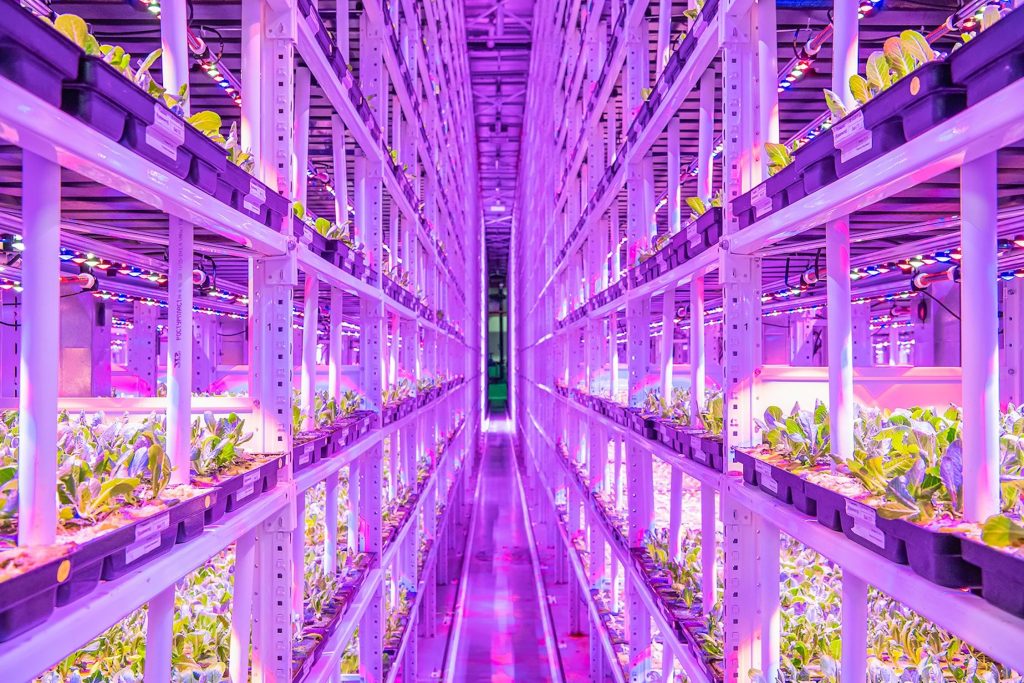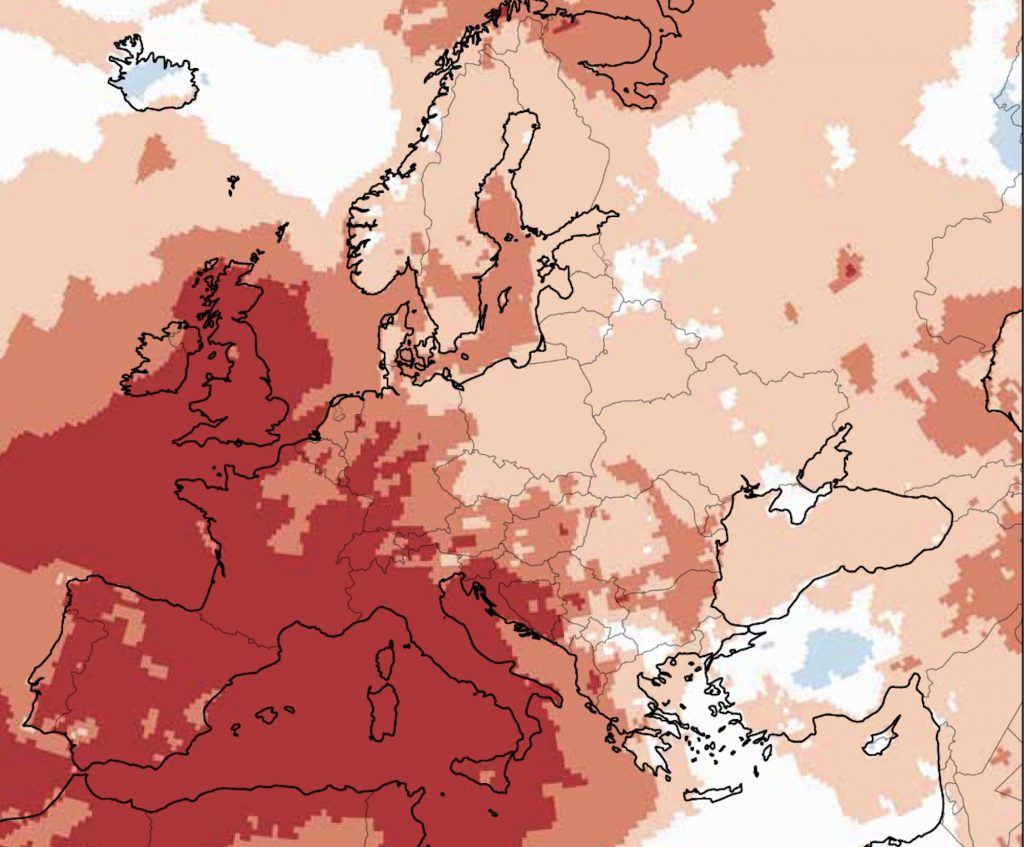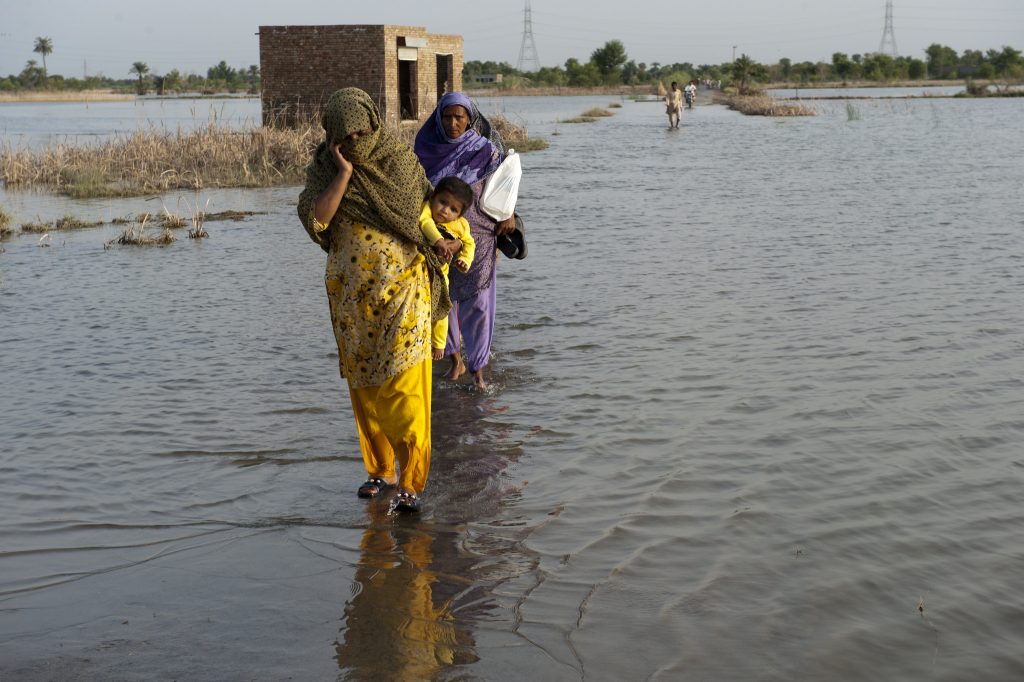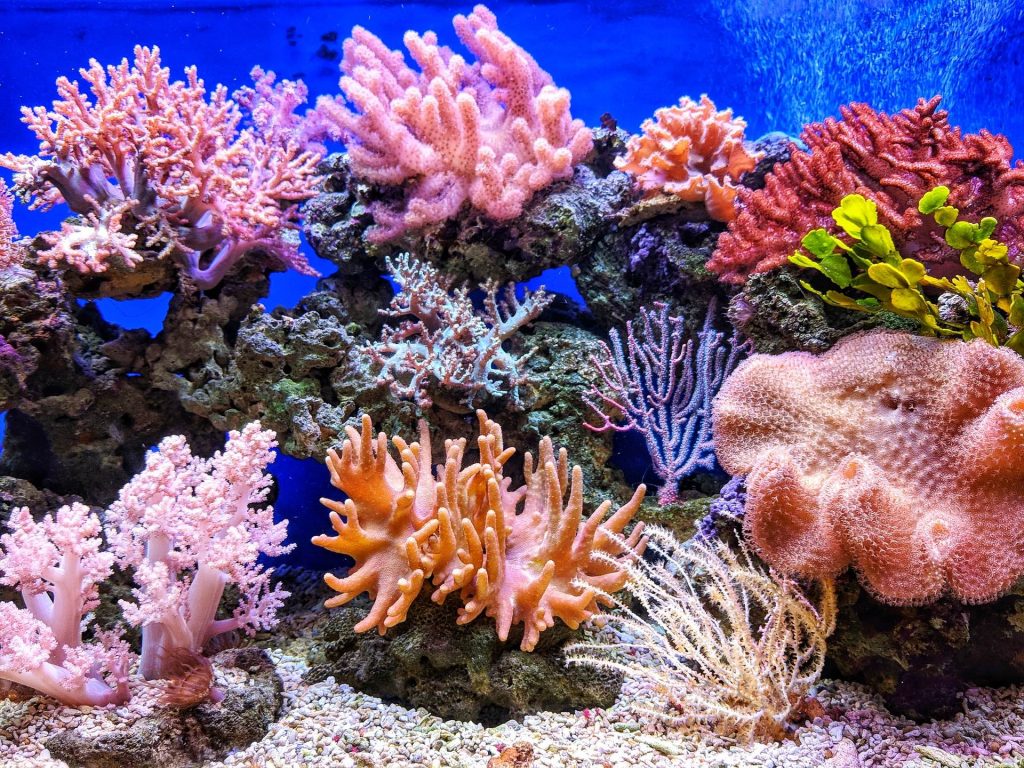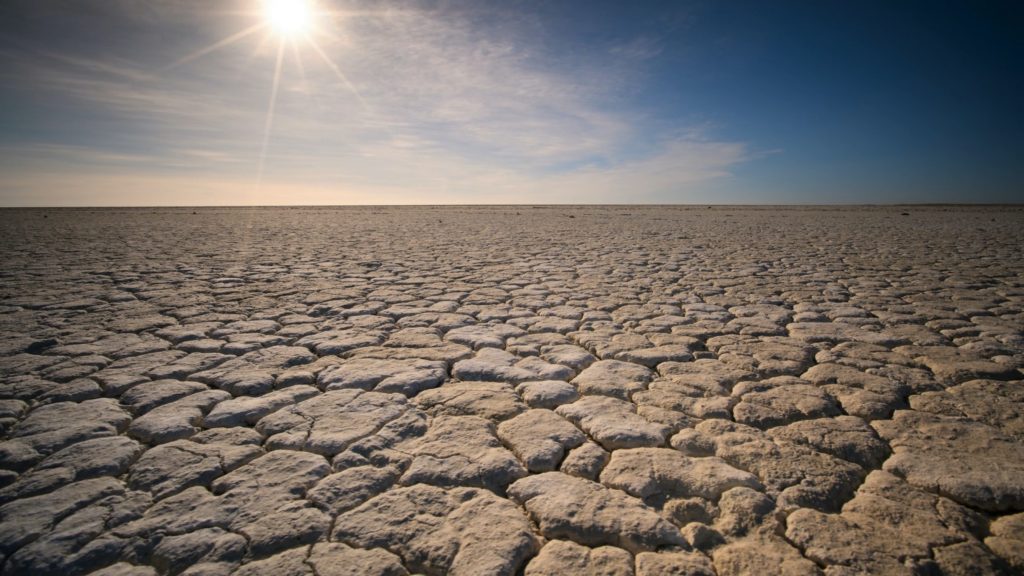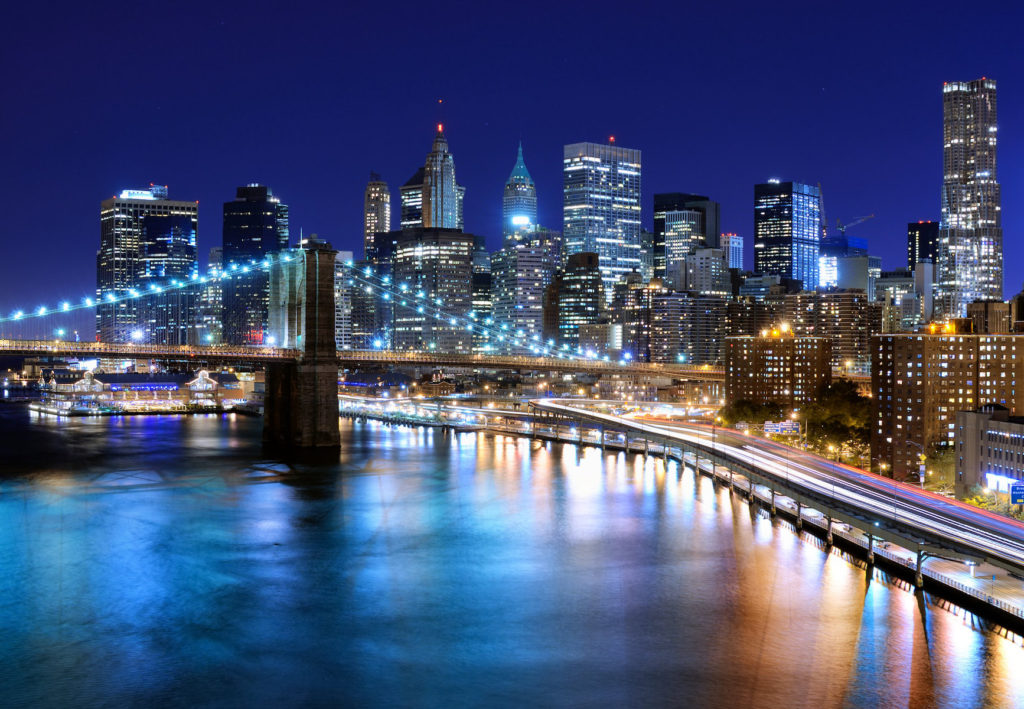
An explosive affair: volcanoes and climate
The year without a summer showed the world how volcanoes can affect climate with severe consequences on human societies and economies. Today – while climate deniers use eruptions as a tool with which to cloud the truth about anthropogenic causes of climate change – volcanoes remain important monitors of “our impacts on the climate (which) are so large they even have the potential to affect volcanic eruptions themselves”.


